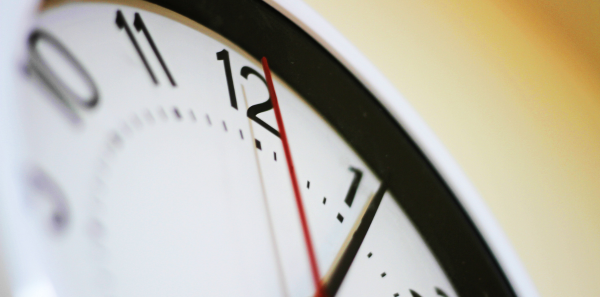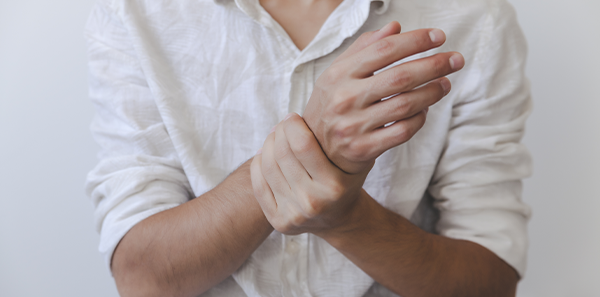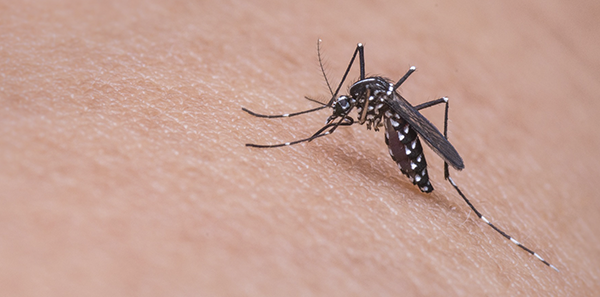
The clock change is an established practice in Spain that occurs twice a year, in spring and autumn. This phenomenon disrupts our circadian rhythm and, consequently, has a short-term impact on our health and mood. In this blog post we tell you more about it.
Circadian rhythms are internal biological processes that repeat every 24 hours. These regulate sleep, energy and mood, so maintaining them is important for overall well-being. With the clock change, the amount of sunlight you are exposed to decreases or increases, causing the body to become unbalanced and need time to adapt.
Children, teenagers and the elderly are the most affected, as well as people with sleep disorders (such as insomnia or apnoea) or mood disorders (such as depression or bipolar disorder).
How might the clock change affect me?
Some symptoms are listed as follows:
- Sleepiness: the clock change alters the secretion of melatonin, the hormone that regulates sleep and is produced in response to sunlight. The more light there is, the less melatonin is produced.
- Fatigue: sleeping less leads to less rest and a worse mood.
- Irritability due to the above factors.
- Difficulty concentrating as a result of fatigue.
- Increased risk of obesity: changes in mealtimes, combined with hormonal changes in the brain, could cause an increase in appetite.
These symptoms are not dangerous, and your body normally recovers within 3 to 7 days. If they persist for more than two weeks, it is important to see a healthcare professional for a check-up.
Tips for reducing the effects of the clock change
- Gradually adjust your sleep schedule in the days leading up to the time change. Move your bedtime forward or backward by 15 to 30 minutes each night.
- Spend time outdoors during the day, as sunlight helps regulate your circadian rhythm. This will help your body adjust more quickly to the change.
- Maintain the same schedule for lunch and dinner.
- Avoid caffeine, alcohol, and heavy meals.
- Reduce screen time before bedtime to help you fall asleep more easily.
- Exercise regularly at the same times as usual.
Making the change gradually can reduce the symptoms of the clock change and help you feel energised again as soon as possible.












